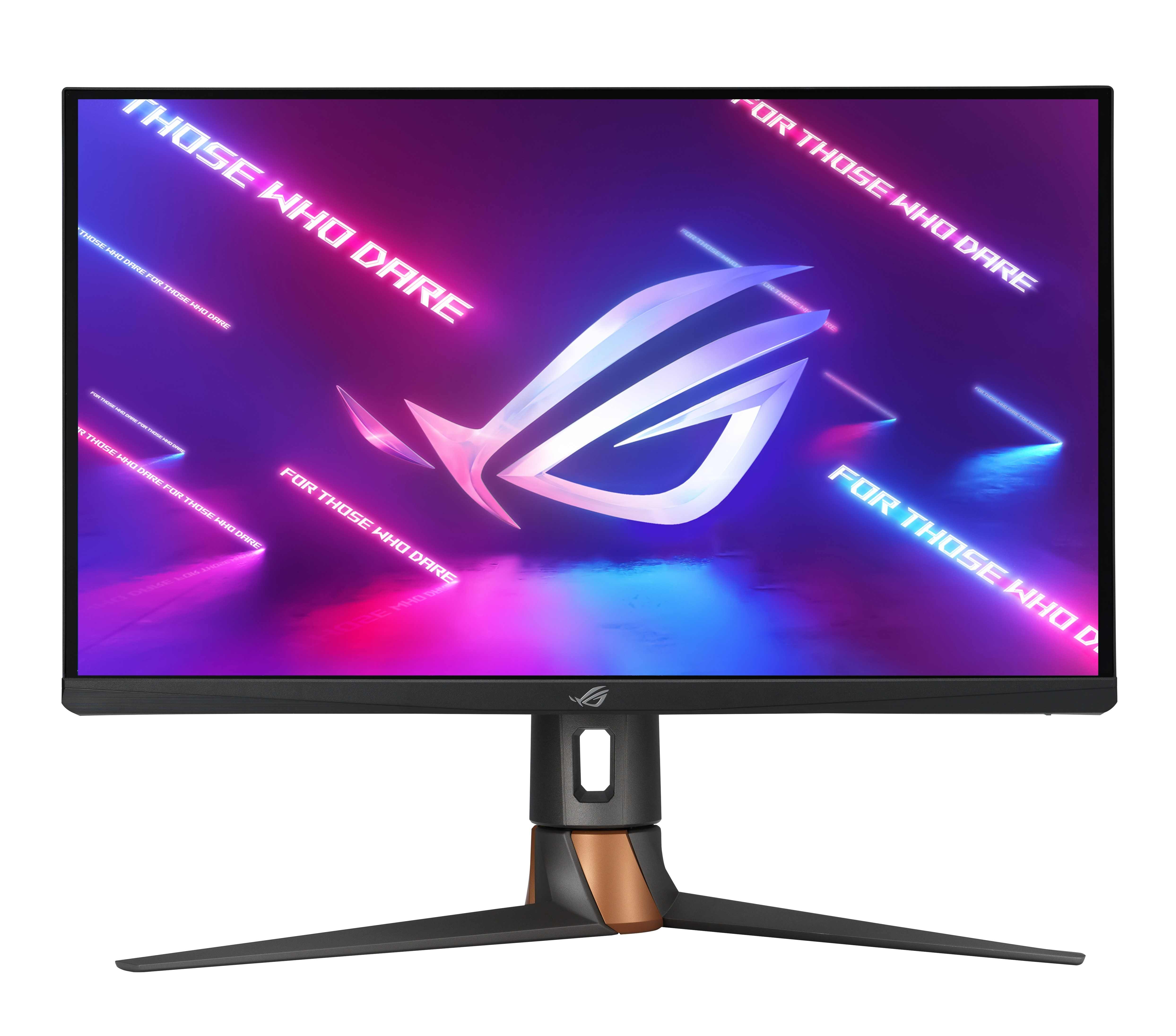Best Computer Monitor Brands

In today's digital world, a computer monitor isn't just an accessory; it's the window through which we work, create, and play. For value-conscious shoppers, understanding the landscape of monitor brands is crucial to making an informed purchase that balances performance with affordability. This review dives deep into the top brands, dissecting their strengths and weaknesses to help you find the perfect display without breaking the bank.
Why Your Monitor Matters
A quality monitor improves productivity and reduces eye strain. A good display can also enhance gaming and multimedia experiences. Choosing the right brand and model is an investment in your overall computing experience.
Top Monitor Brands: A Comparative Overview
Several brands consistently deliver quality and value in the monitor market. We'll examine Dell, LG, Samsung, ASUS, and BenQ, highlighting their key offerings.
Dell: The Reliable Workhorse
Dell is renowned for its reliability and consistent performance, especially in the professional and business sectors. Their monitors often feature excellent ergonomics and color accuracy. However, they may not always offer the flashiest designs or bleeding-edge gaming features.
LG: Innovation and OLED Excellence
LG is a leader in display technology, particularly with its OLED panels. They offer a wide range of monitors, from budget-friendly IPS displays to high-end ultrawide gaming monitors. The brand is known for vibrant colors and impressive contrast ratios.
Samsung: Sleek Design and QLED Technology
Samsung stands out with its stylish designs and QLED technology. This technology delivers enhanced color volume and brightness. The brand's offerings span from basic office monitors to curved gaming displays.
ASUS: The Gamer's Choice
ASUS is a favorite among gamers due to its high refresh rates and low response times. Their monitors often include features like Adaptive-Sync (FreeSync/G-Sync) and gaming-centric aesthetics. They also offer professional-grade displays with excellent color accuracy.
BenQ: Eye Care and Ergonomics
BenQ focuses on eye care technologies and ergonomic designs. Their monitors often incorporate features like blue light filters and flicker-free backlighting to reduce eye strain. They are a good choice for users who spend long hours in front of the screen.
Shortlist of Recommended Monitors (By Budget & User)
- Budget-Friendly (Under $200): Dell SE2422H (reliable, good for office work), BenQ GW2480 (eye care features).
- Mid-Range ($200 - $400): LG 27MP60G-B (IPS, good color accuracy), Samsung T35F (slim design, good image quality).
- Gaming (Under $500): ASUS TUF Gaming VG27AQ (1440p, 165Hz, G-Sync Compatible), BenQ MOBIUZ EX2710 (1080p, 144Hz, HDRi).
- Professional (Color Accuracy): Dell UltraSharp U2723QE (USB-C hub, accurate colors), BenQ PD2700U (4K, Designer Monitor).
Detailed Reviews
Dell UltraSharp U2723QE
The Dell UltraSharp U2723QE is a 27-inch 4K monitor designed for professionals. Its key features include excellent color accuracy (99% sRGB coverage), a built-in USB-C hub for convenient connectivity, and a highly adjustable stand. It offers a crisp, detailed image and is ideal for tasks like photo editing and graphic design. It comes at a premium price, reflecting its quality and features.
LG 27MP60G-B
The LG 27MP60G-B is a 27-inch IPS monitor that offers a good balance of performance and affordability. It boasts excellent color reproduction and wide viewing angles, making it suitable for both work and entertainment. Features like AMD FreeSync and a 75Hz refresh rate make it a decent option for casual gaming. It is a solid all-around choice for budget-conscious users.
ASUS TUF Gaming VG27AQ
The ASUS TUF Gaming VG27AQ is a 27-inch 1440p gaming monitor that delivers smooth and responsive gameplay. With a 165Hz refresh rate and G-Sync compatibility, it minimizes screen tearing and stuttering. It also features ASUS's Extreme Low Motion Blur Sync (ELMB Sync) technology for reduced ghosting. The monitor offers good color accuracy and is suitable for both gaming and content creation. Its design is gaming-focused, which might not appeal to everyone.
Side-by-Side Specs and Performance
| Monitor | Panel Type | Resolution | Refresh Rate | Response Time | Color Accuracy (sRGB) | Features | Value Score (1-5, 5 Best) |
|---|---|---|---|---|---|---|---|
| Dell UltraSharp U2723QE | IPS Black | 3840x2160 (4K) | 60Hz | 5ms | 99% | USB-C Hub, Adjustable Stand | 4 |
| LG 27MP60G-B | IPS | 1920x1080 (FHD) | 75Hz | 5ms | 99% | AMD FreeSync | 4.5 |
| ASUS TUF Gaming VG27AQ | IPS | 2560x1440 (1440p) | 165Hz | 1ms | 99% | G-Sync Compatible, ELMB Sync | 4 |
Note: Value Score is based on a combination of price, features, and overall performance for the target audience.
Practical Considerations
Consider your primary use case. Are you a gamer, a graphic designer, or primarily using the monitor for office work? Your specific needs will influence your choice.
Resolution and screen size should be balanced. A 27-inch monitor looks better at 1440p than 1080p. At 32" 1440p is acceptable. 4K monitors are a benefit at screen sizes above 27".
Ergonomics are important for long-term comfort. Look for monitors with adjustable height, tilt, and swivel.
Summary
Choosing the best computer monitor brand requires careful consideration of your needs and budget. Dell offers reliable performance, LG excels in innovation, Samsung focuses on sleek designs, ASUS caters to gamers, and BenQ prioritizes eye care.
Before making a purchase, consider your primary use case, desired resolution, and ergonomic features. By carefully evaluating these factors, you can find a monitor that delivers excellent value and enhances your computing experience.
Take Action: Find Your Perfect Monitor Today!
Explore the brands and models discussed in this article. Compare prices, read user reviews, and make an informed decision. Upgrade your display and enhance your digital life.
Frequently Asked Questions (FAQ)
- What is the best monitor panel type?
- IPS panels offer excellent color accuracy and wide viewing angles, making them suitable for most users. VA panels provide high contrast ratios, while TN panels have fast response times for gaming. OLED technology offers the best contrast and color but can be expensive.
- What resolution should I choose?
- 1080p (Full HD) is suitable for smaller screens (under 24 inches) and budget-conscious users. 1440p (QHD) offers a sharper image on larger screens (27-32 inches). 4K (Ultra HD) provides the highest level of detail on larger displays (over 32 inches).
- What is refresh rate and why is it important?
- Refresh rate (measured in Hz) indicates how many times per second the monitor updates the image. Higher refresh rates (e.g., 144Hz or 240Hz) result in smoother motion, which is particularly important for gaming. For general use, a 60Hz refresh rate is usually sufficient.
- What is response time and why does it matter?
- Response time (measured in milliseconds) indicates how quickly a pixel can change color. Lower response times (e.g., 1ms or 4ms) reduce motion blur and ghosting, especially in fast-paced games. Slower response times can be acceptable for non-gaming applications.
- What are Adaptive-Sync technologies (FreeSync/G-Sync)?
- Adaptive-Sync technologies, like AMD FreeSync and NVIDIA G-Sync, synchronize the monitor's refresh rate with the graphics card's frame rate. This reduces screen tearing and stuttering, resulting in a smoother gaming experience.
- Is a curved monitor worth it?
- Curved monitors offer a more immersive viewing experience, particularly for ultrawide displays. They can also reduce eye strain. Whether a curved monitor is worth it depends on your personal preference and budget.
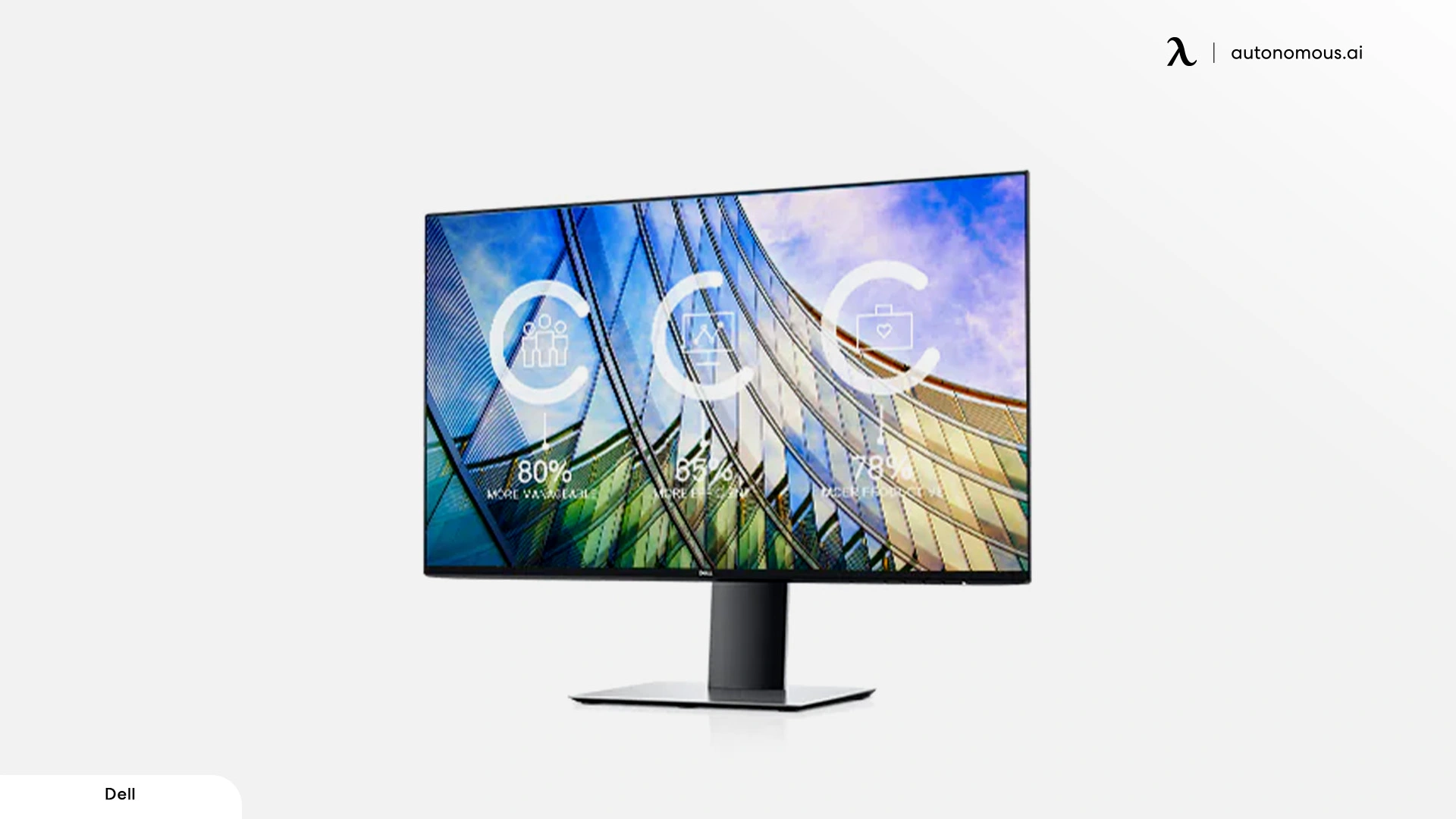
![Best Computer Monitor Brands Guide to Monitor Brands: Our Favorite To Recommend [Workloads Explored]](https://www.cgdirector.com/wp-content/uploads/media/2022/10/The-Best-Monitor-Brands-Twitter.jpg)
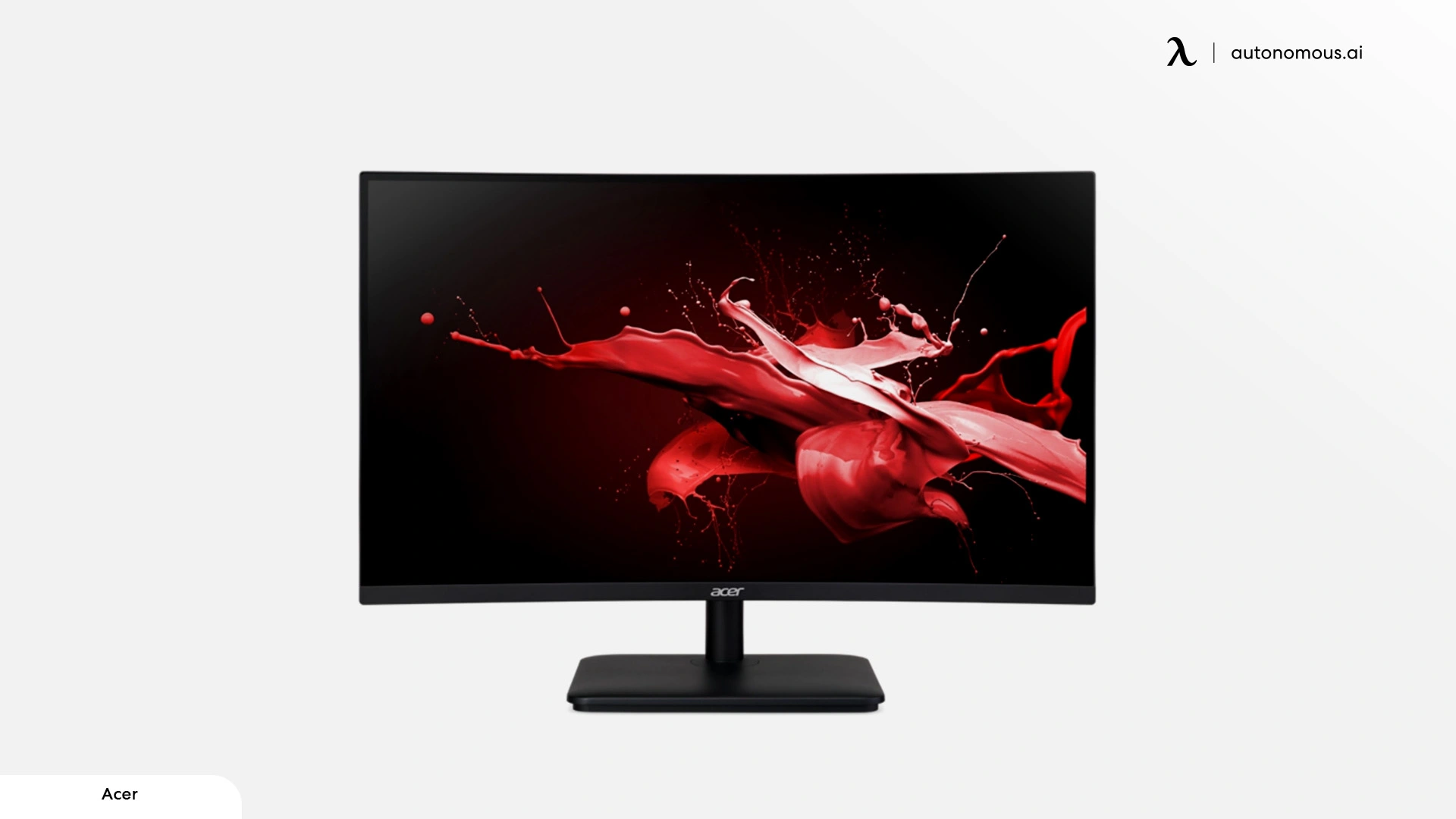
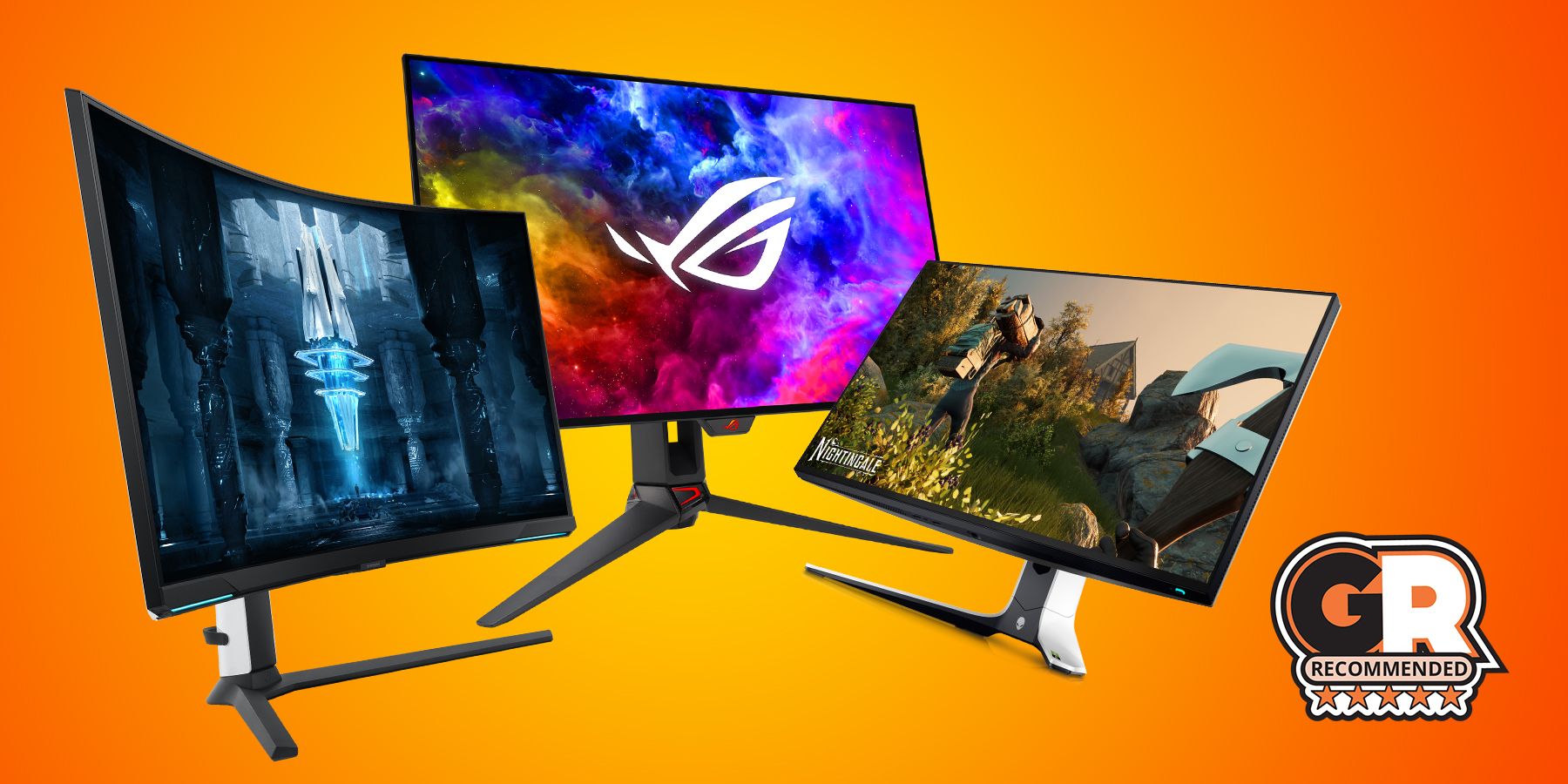
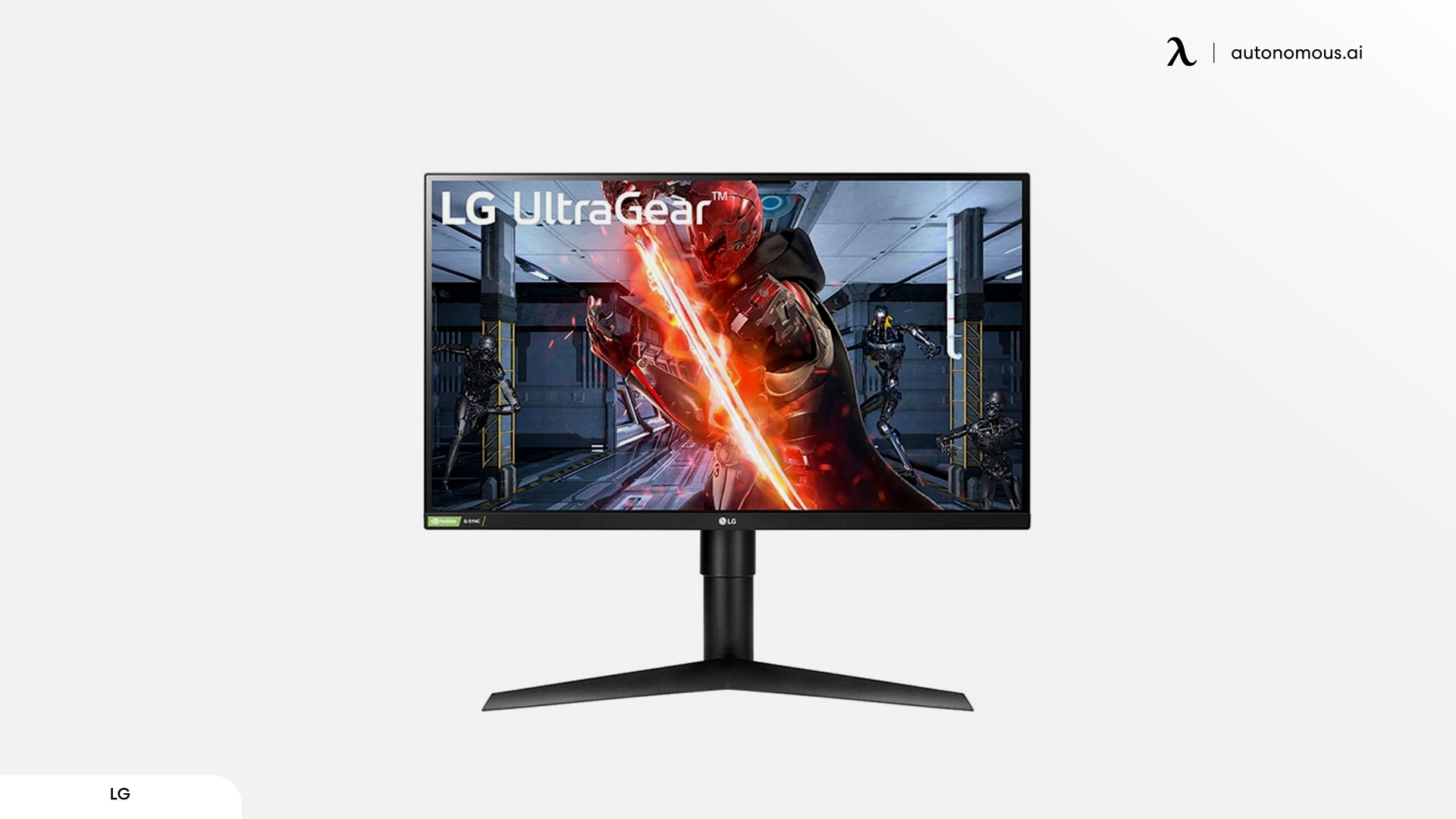
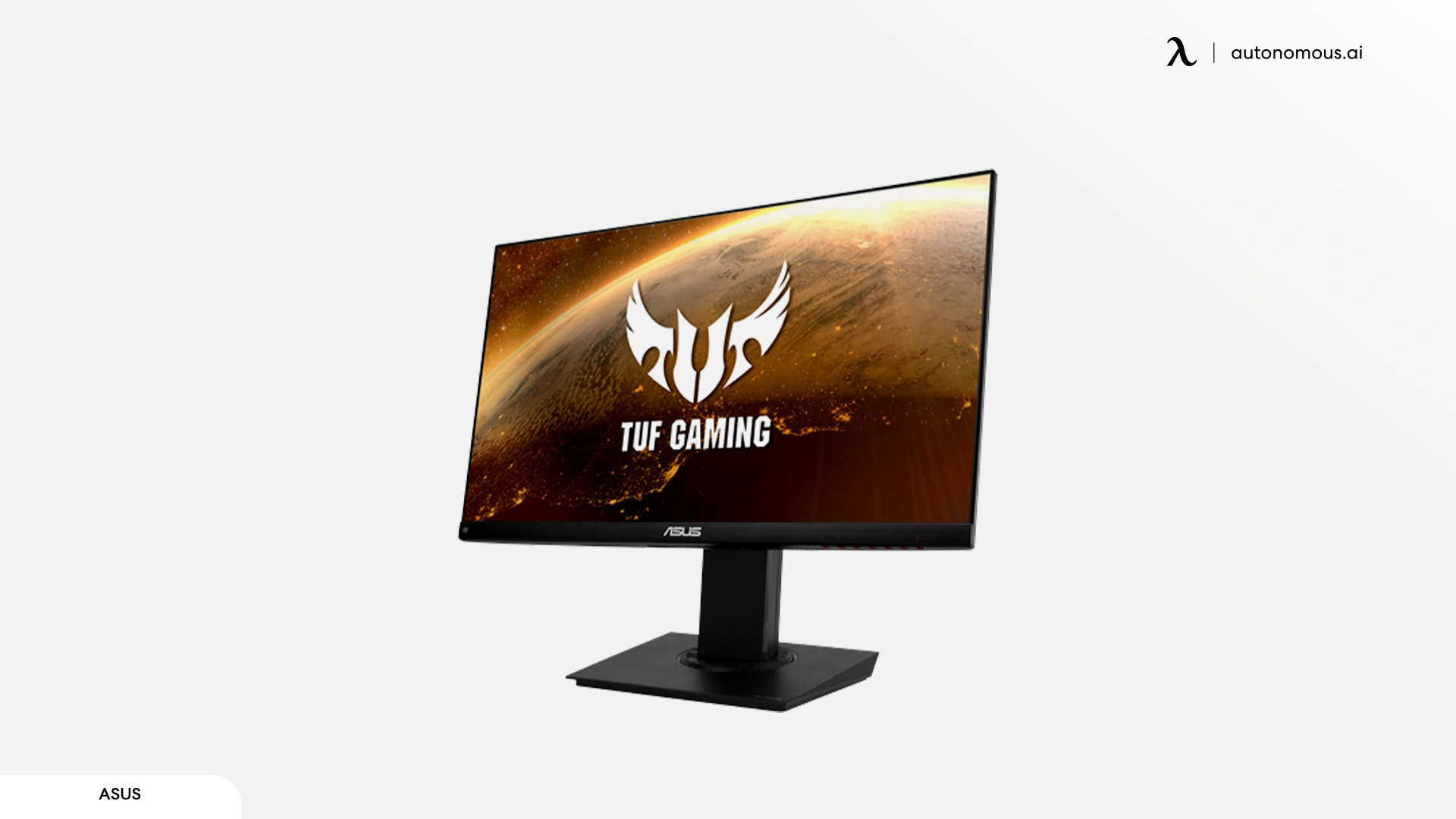
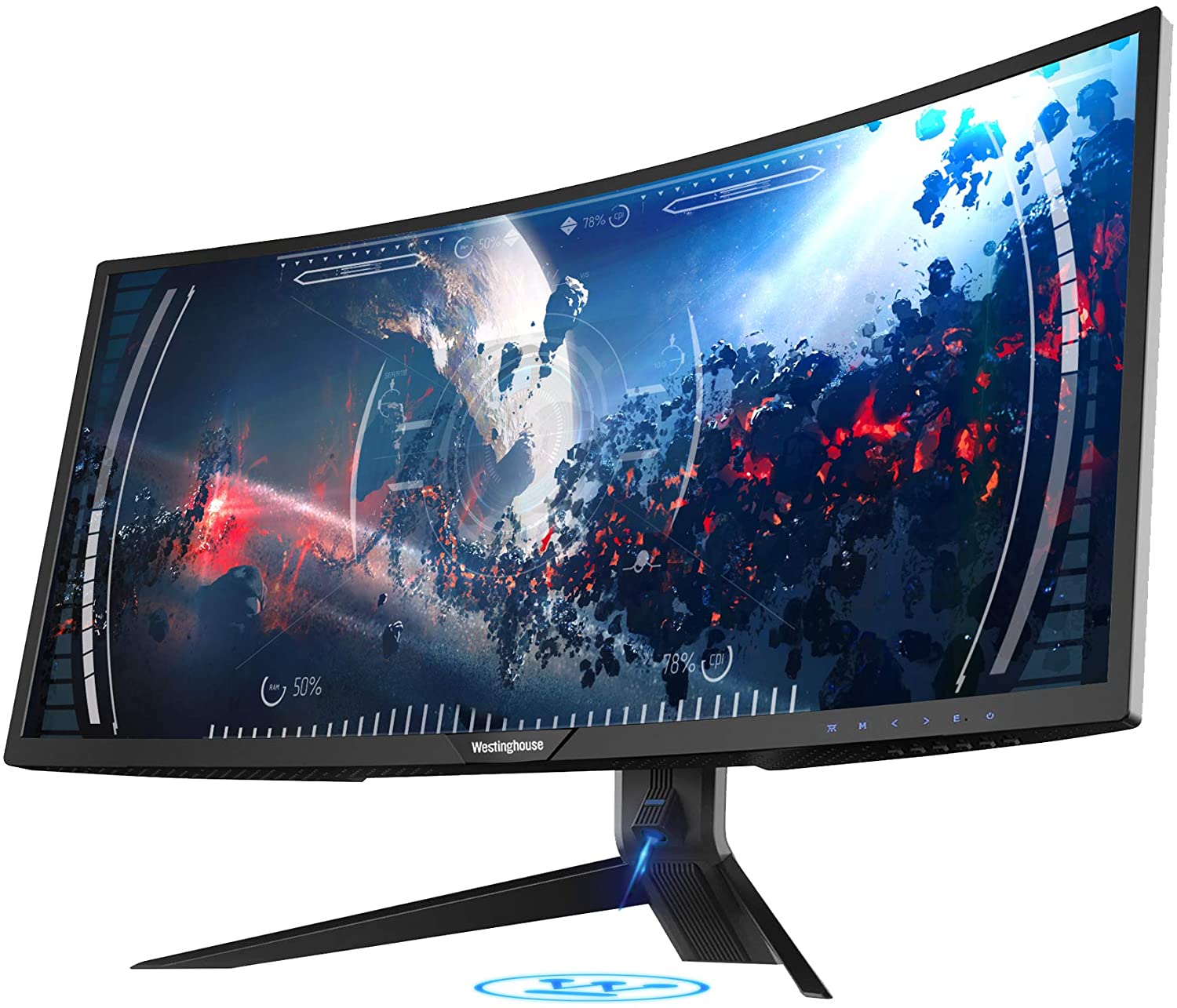
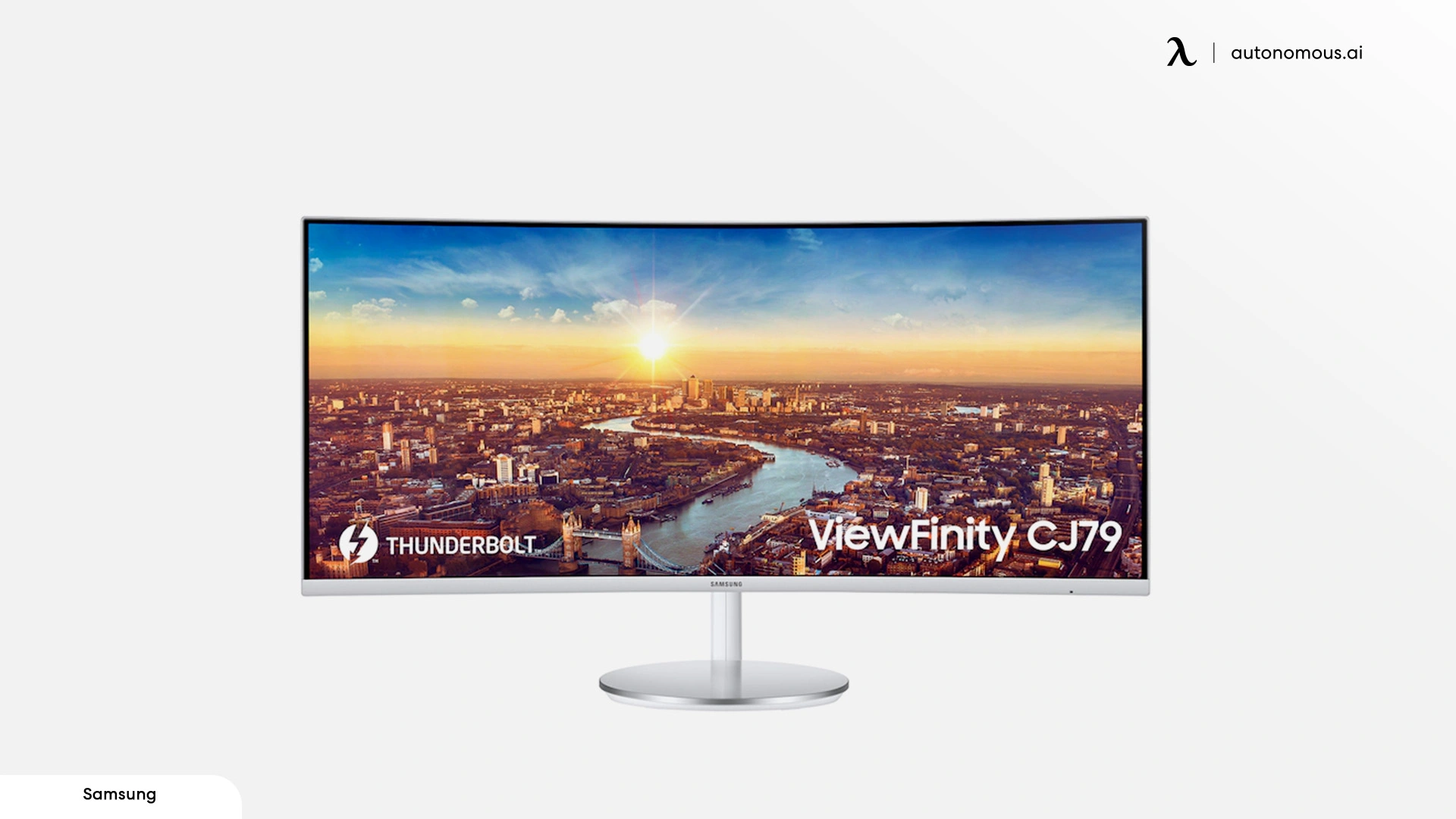
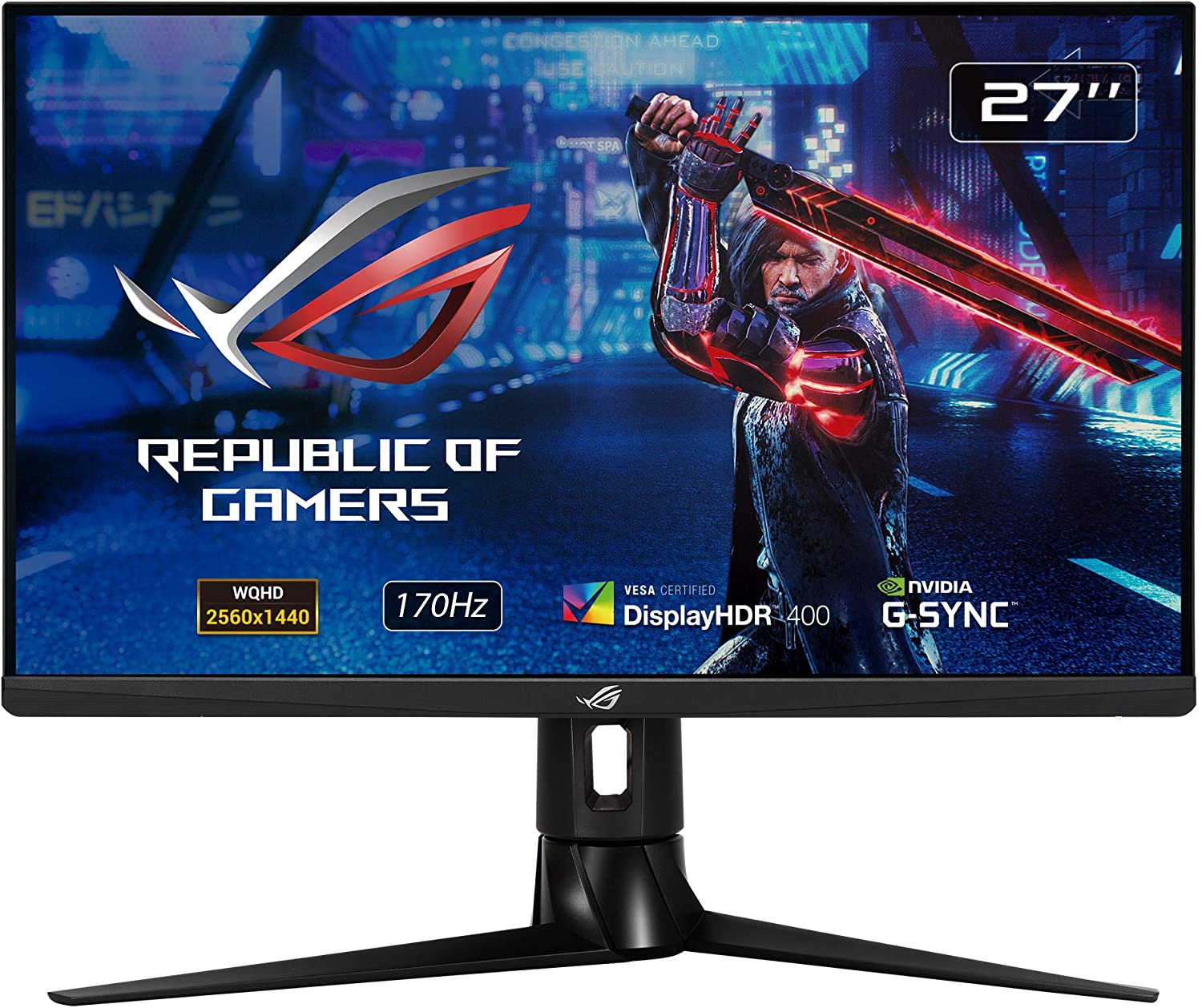




/https://storage.googleapis.com/s3-autonomous-upgrade-3/static/upload/images/new_post/best-computer-monitor-brands-for-gaming-working-6378-1683191530913.webp)


